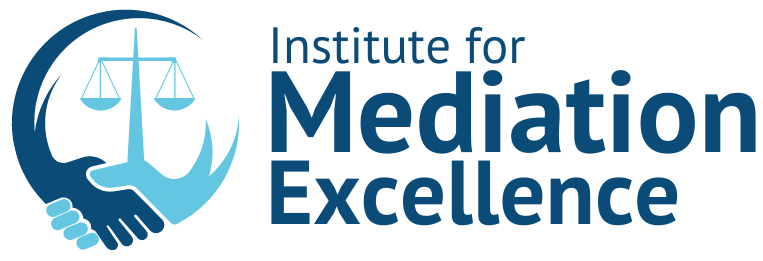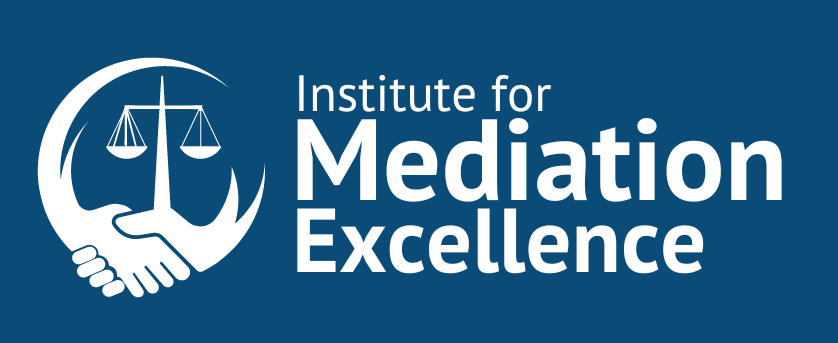Haven’t Read Part One? Click This Link
As I have delved deeper into the complexities of the legal “game,” it has become apparent that there are countless players left out of the narrative. I have found myself wondering: who speaks for those who never step foot inside a courtroom? Who resolves disputes for the individuals intimidated by filing fees, bureaucratic red tape, and the complicated procedures of the legal system? Consider, too, the voices silenced by the formidable presence of high-priced attorneys, or by their own lack of education. Who advocates for those who struggle to navigate the unclear waters of legal terminology and the intimidating atmosphere of a judge’s chamber?
And what of those who seek fairness without the desire for harsh litigation? Who gives voice to the individual unwilling to drag loved ones or former partners through the mud in pursuit of victory? Time is a luxury not afforded to all, particularly those whose very livelihood hangs in the balance of unresolved disputes. And what of those whose cultural or religious beliefs diverge from the adversarial nature of formal justice? For them, turning the other cheek may be more than a cliché—it’s a deeply held principle at odds with the courtroom’s ethos.
Let’s not forget the vastness of the informal sector, where business is conducted through handshakes and oral agreements. Who arbitrates for those who rely on trust and gentleman’s agreements, rather than the rigid framework of legal contracts?
In my quest for justice, I’ve searched for those overlooked by the formal legal system—those desperately in need of resolution, as well as those trapped within it simply because they perceive no alternative. It’s a journey that has led me to confront the gaps and shortcomings of our current formal justice system, prompting me to seek solutions that extend beyond the confines of traditional litigation.
Where does the formal justice system leave these many people looking for ways to resolve their disputes without taking on too many losses. We cannot deny the fact that we live in a broken society and there is a desperate need for a little more humanity, a little more grace- both for ourselves and for one another. Everyone is struggling, the economy is struggling, and we desperately need more wins. Therefore, the way we navigate disputes demands a fresh approach to minimise losses in a society strained by interpersonal conflict.
Enter Alternative Dispute Resolution, affectionately known as ADR. This umbrella term includes any method of resolving conflicts that circumvents the traditional route of litigation—avoiding the courtroom drama for a more collaborative process. While enshrined in the Zambian Constitution since 2016, ADR is not a new concept; its roots stretch back through the chronicles of time, embedded in the cultural practices of our continent.
The international spotlight on ADR, particularly in Western nations since the late 1970s has crystallised its significance and granted it a recognisable signature. Though our Zambian Constitution champions the utilisation of ADR, its widespread adoption lags behind. However, the tide is turning, albeit slowly, as more individuals and organisations awaken to the transformative potential of this paradigm shift in conflict resolution.
As we stand at the brink of change, it’s imperative that we embrace ADR not merely as a legal expedient, but as a testament to our commitment to a more compassionate, equitable society—one where disputes are resolved with dignity and understanding, rather than through adversarial combat.
When I stumbled upon Alternative Dispute Resolution (ADR), one method immediately captured my imagination: Mediation. To me, this method represents the epitome of selflessness, liberation, and an inherently African approach to conflict resolution. If I were to capture it in one phrase, I would call it “Altruistic Dispute Resolution.”
Mediation represents a process where a neutral mediator guides dialogue between opposing parties, creating a space where they can collaboratively craft resolutions that satisfies both. While it operates beyond the confines of the formal justice system, I genuinely believe that mediation expresses the very spirit of the constitutional right to be heard.
In this forum, parties are afforded the rare opportunity to share their narratives, to be active participants in creating the resolution that will shape their futures. Mediation offers everyone an opportunity to be heard on their own terms, to tell their stories and to participate in the final outcome of their disputes. It is a process that resonates deeply with the average person’s notion of justice—an avenue where voices are not just heard, but truly listened to, and where the outcome reflects the shared values and aspirations of those involved.
In mediation, compassion intertwines with the pursuit of substantial justice, and I found myself completely captivated by it. And what if I told you that the fundamental legal right to a fair hearing, within a reasonable timeframe, and before an impartial court can also find fulfilment through the skilled guidance of a well-trained mediator?
Within the peaceful space of mediation, disputants reclaim their voices and find their sense of autonomy and self-determination. Here, the mediator isn’t a judge, but rather a facilitator, encouraging dialogue until a mutually satisfying resolution is achieved. And the beauty of it all? Everyone emerges a winner. Therefore, the wins we so desperately long for can be preserved in this process.
For me, Mediation uncovers a mode of dispute resolution that not only upholds the principles of fairness and autonomy, but also promotes harmony and understanding among all parties involved. It is a testament to the transformative power of dialogue, fairness, empathy, and humanity earning its place as Altruistic Dispute Resolution (ADR).
The End
About the Author
Lois Chisompola Sikwenda is an ADR practitioner with vast experience in dispute resolution and a legal background. Lois has over a decade of advocacy experience in Zambia’s superior courts. She is currently the co-founder and Director of Institute of Mediation Excellence (IME) Zambia and is accredited by the ADR Center and also recognised as a qualified mediator by the International Mediation Institute (IMI).
Email: lois@imezambia.com


